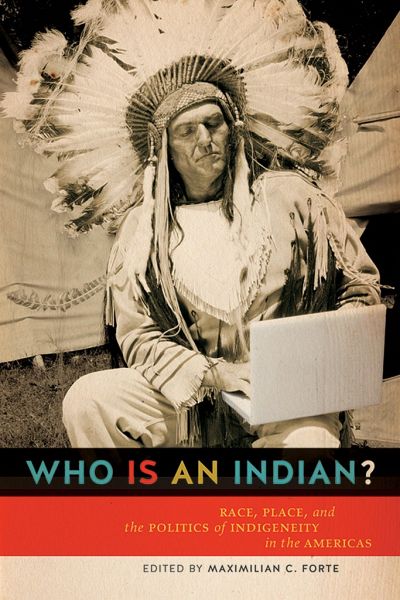
Who is an Indian?
Race, Place, and the Politics of Indigeneity in the Americas
Herausgeber: Forte, Maxmillian C
Versandkostenfrei!
Versandfertig in über 4 Wochen
42,99 €
inkl. MwSt.

PAYBACK Punkte
21 °P sammeln!
This collection examines the changing roles of race and place in the politics of defining Indigenous identities in the Americas.


